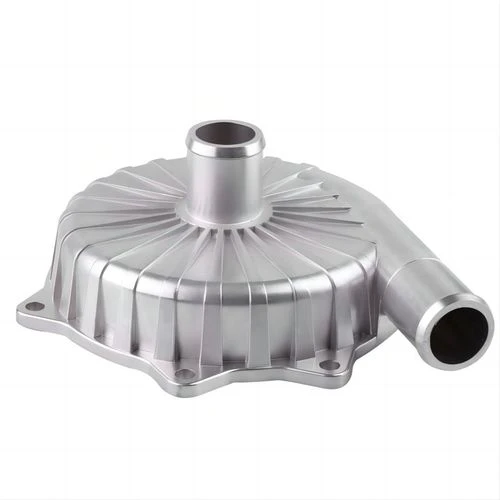micro precision machining
Micro Precision Machining Revolutionizing Manufacturing
In today's ever-evolving industrial landscape, micro precision machining has emerged as a cornerstone of modern manufacturing. This specialized field involves the fabrication of intricate components with exceedingly tight tolerances, often measuring in microns. The innovation and accuracy that micro precision machining brings to various sectors, including aerospace, medical devices, electronics, and automotive, are transforming how products are made and enhancing their functionality.
The Importance of Micro Precision Machining
Micro precision machining is essential for producing parts that require an extraordinary level of detail. For instance, in the medical field, items such as surgical instruments, implants, and diagnostic equipment need to be manufactured to precise specifications to ensure optimal performance and patient safety. Any deviation from the intended design could lead to catastrophic failures, making precision paramount.
Similarly, in the aerospace industry, components such as engine parts and sensors must withstand extreme environments while maintaining strict adherence to specifications. Micro machining techniques such as laser cutting, wire EDM (Electrical Discharge Machining), and micro milling enable engineers to create lightweight yet robust parts that meet the rigorous demands of flight.
Techniques and Technologies
A variety of techniques are employed in micro precision machining, each suited for specific applications. Laser micromachining utilizes focused laser beams to cut or engrave materials with remarkable accuracy. It is exceptionally versatile, capable of processing various materials, including metals, plastics, and ceramics.
Wire EDM is another technique that excels in producing complex geometries. It uses a thin wire electrode to erode material and achieve precision cuts. This method is particularly useful for creating intricate shapes that would be challenging to achieve with traditional machining.
Micro milling is a CNC (Computer Numerical Control) method that employs small milling tools to craft tiny parts. The versatility of micro milling allows for multi-axis machining, enabling manufacturers to create complex 3D geometries with high precision.
micro precision machining

Applications Across Industries
The applications of micro precision machining span multiple industries, showcasing its versatility and importance. In the electronics sector, micro components are critical for smartphones, tablets, and wearable technology. Micro precision machining allows for the production of delicate connectors, antennae, and circuit boards that are essential for device functionality.
In the automotive industry, micro machined components contribute to the development of advanced driver-assistance systems (ADAS) and electric vehicles. Sensors and control systems that require precise measurements and miniaturization can be manufactured using micro precision techniques, enhancing vehicle performance and safety.
The burgeoning field of biotechnology also benefits significantly from micro precision machining. Instruments used for genetic research, lab-on-a-chip devices, and microfluidic systems rely on the ability to create intricate pathways and structures at a very small scale, making micro machining indispensable for innovation.
Challenges and Future Directions
While micro precision machining presents numerous advantages, it is not without challenges. The demand for ever-smaller components requires continuous advancements in machining technologies and processes. Manufacturers must invest in research and development to improve precision further and enhance production efficiency.
Moreover, as industries push the boundaries of miniaturization, the skillset of engineers in this domain must evolve. Expertise in the latest machining technologies and materials science will be crucial to overcoming the complexities associated with micro-scale fabrication.
Conclusion
Micro precision machining is paving the way for advancements across various industries, facilitating the creation of smaller, more efficient, and more reliable components. As technology progresses, the importance of micro machining will only grow, cementing its role as an integral aspect of modern manufacturing. The future holds exciting possibilities as innovations continue to redefine what is achievable at the micro level, driving forward the capabilities of industries worldwide. The evolution of micro precision machining showcases the blend of artistry and engineering, ensuring that we can meet the challenges of tomorrow with precision and efficiency.
-
Technocrats Die Casting Solutions – Precision Hot & Cold Chamber Die Casting ExpertsNewsJun.24,2025
-
Precision Glass Machining Solutions Sand Casting Glass & Abrasive Water Jet Machining ExpertsNewsJun.24,2025
-
Top Extras Casting Solutions Die Casting and Sand Casting Experts High-Quality Casting and Die Casting ServicesNewsJun.10,2025
-
Top SS Casting Manufacturer Aluminum Die Casting Manufacturer China Precision Die Casting Company SupplierNewsJun.10,2025
-
High-Quality Brass Casting Sand for Precision Sand Casting Brass at HomeNewsJun.10,2025
-
Affordable Aluminum Sand Casting Solutions Custom PartsNewsJun.09,2025















